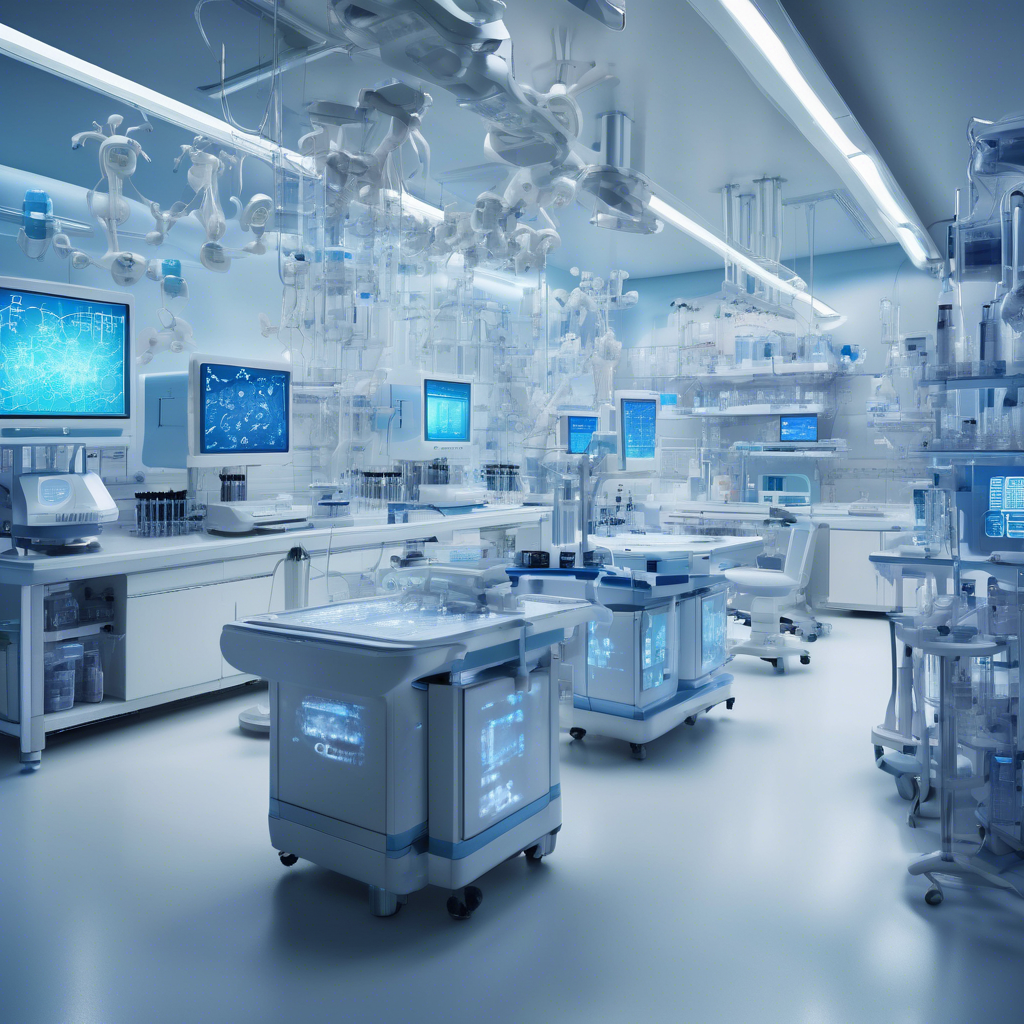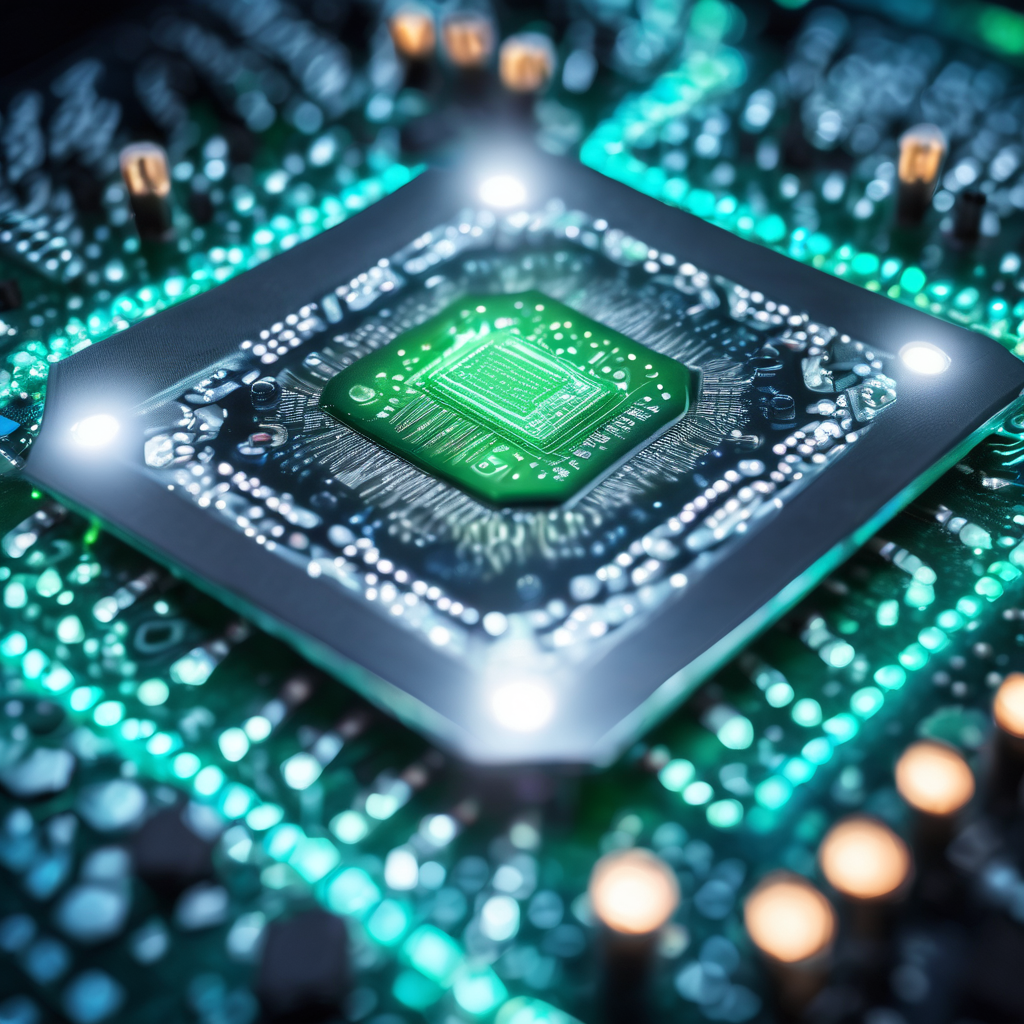
Artificial intelligence (AI) is rapidly becoming a transformative force within the pharmaceutical industry, especially in drug discovery. This cutting-edge technology utilizes advanced algorithms to analyze vast datasets, allowing for the prediction of molecular behavior with unmatched accuracy. Through this process, AI can efficiently identify promising drug candidates and recommend chemical modifications that may enhance a drug’s efficacy and safety profile. Traditional drug development is often a slow and expensive journey, involving extensive laboratory experiments, clinical trials, and regulatory approvals before a medication reaches the market. Integrating AI into this process introduces a paradigm shift by significantly speeding up these phases and lowering the associated costs. This acceleration not only shortens the timeline for delivering essential medications to patients but also helps preserve valuable research resources. A major advantage of AI-driven drug discovery lies in its ability to rapidly and accurately process complex biological data beyond human capabilities. Machine learning models can sift through genomic information, chemical libraries, and biological pathways to detect patterns and connections that might otherwise remain hidden.
This empowers researchers to quickly identify viable drug targets and design molecules that interact optimally with them. Furthermore, AI supports personalized medicine by customizing treatments based on the genetic makeup and specific conditions of individual patients. Such personalization promises to boost treatment effectiveness while minimizing adverse effects, ultimately enhancing patient outcomes on a global scale. Experts from the pharmaceutical and tech fields agree that AI’s role in drug discovery will only expand. Advances in computational power, paired with the increasing volumes of biomedical data, will further refine the precision and usefulness of AI models. This progression is expected to foster the creation of novel therapies that are more efficient, targeted, and accessible. In summary, the use of artificial intelligence in drug discovery is ushering in a new era for pharmaceuticals. By leveraging AI’s capabilities, researchers and developers can overcome many traditional obstacles, reducing development times and costs while improving the quality and personalization of treatments. As this technology continues to advance, patients worldwide stand to gain from faster access to innovative medicines tailored to their unique health needs.
How Artificial Intelligence is Revolutionizing Drug Discovery in the Pharmaceutical Industry


Google’s AI Overviews feature has experienced remarkable growth, now appearing in over half of all search results.

SecureAI Technologies has launched an innovative cybersecurity system that uses advanced machine learning algorithms to detect and counter cyber threats in real time.

The rising influence of artificial intelligence (AI) defined 2025, with the MarTech sector reflecting this trend as B2B marketers increasingly integrated AI into their workflows.

Holiday shopping has often felt like a “chore” for Amrita Bhasin, a 24-year-old retail tech CEO.

Fallout’s season one recap incorrectly claimed that The Ghoul’s flashback occurs in the 1950s, when in fact it takes place in the year 2077.

OpenAI is set to launch GPT-5, the newest advancement in its language model series, in early 2026.

U.S. President Donald Trump’s decision to sell advanced AI chips, including Nvidia’s H200, to China has alarmed hawks in Washington.
Launch your AI-powered team to automate Marketing, Sales & Growth

and get clients on autopilot — from social media and search engines. No ads needed
Begin getting your first leads today